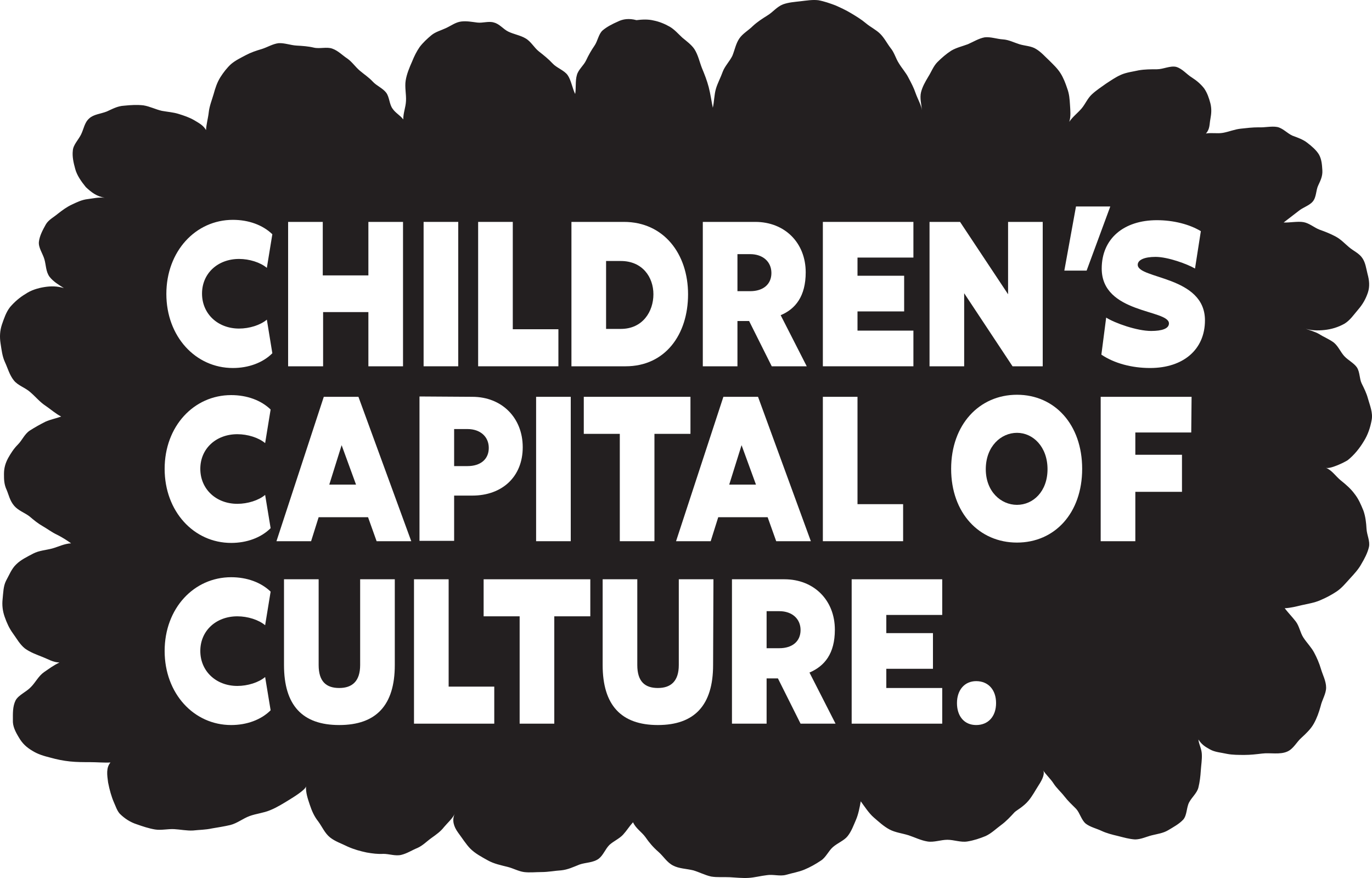Host organisation benefits and requirements
What Host Organisations gain from being part of the programme
- Large contributions to wages and on-costs for a cohort of new fixed-term, part-time employees, who will be employed with you for three years.
- The ability to embed fresh new ideas, creative thinking, disability advocacy, and youth voice and decision-making into the heart of your organisation.
- The opportunity to further embed accessibility into your organisation through specialist support, which will lead to benefits such as improved employee wellbeing and satisfaction, staff upskilling and a diversified workforce.
- A pipeline of potential new talent into your organisation; many past host organisations have gone on to offer paid long-term employment to trainees after their initial contracts ended.
- Opportunity to apply for additional creative programming grants, ranging in value from £2,500 to £10,000 depending on the scale of the activity you wish to programme.
- Access to specialist training for core staff.
- Being part of a consortium, alongside other host organisations, which provides peer support, shares best practice, and increases opportunities for diversifying funding streams, putting in joint funding bids, and working on collaborative projects.
- Central support from the Children’s Capital of Culture Creative Skills Manager and Skills Mentors.

What Host Organisations need to do to be part of the programme
Initially, organisations just need to submit a simple Expression of Interest (EOI) to show their interest in the programme. Read on for details of how to submit your EOI.
Dependent on funding, we hope to open for formal applications from organisations to become Host Organisations in spring 2026. For organisation’s full applications to be considered, all potential host organisations must evidence:
- Their public liability insurance
- Their safeguarding policy
- Their equal opportunities statement or policy
- Their health and safety policy
- Their GDPR policy
They must also commit to:
- Having a named member or members of staff who will line manage and support the trainees. The member or members of staff must have an Enhanced DBS certificate and must have completed recent safeguarding training (within the last three years).
- The named staff member(s) must commit to attending regular consortium meetings with the Children’s Capital of Culture team and other host organisations (no more than monthly)
- The named staff member(s) must attend an induction session at the start of the traineeship programme. This session is designed to give a more in-depth insight into programme delivery, support hosts’ programme planning, identify opportunities for partnership working and introduce our shared monitoring and evaluation tools.
- The organisation must commit to attending consultation and training sessions delivered by disability specialists commissioned by CCoC.
- Providing trainees with a suitable and safe workspace and providing the necessary IT equipment and other resources they need to work in their assigned role.
- Ensuring trainees have their needs met to enable them to work safely, comfortably, and to their full potential. Examples of this may include changing processes and ways of working to accommodate learning disabled trainees, or installing ramps or equipment for trainees with physical disabilities.
- Conducting regular (at least monthly) one-to-ones with all their trainees. These one-to-ones should support trainees’ wellbeing and work planning, troubleshoot any issues, and identify and nurture opportunities for training and development.
- Giving the trainees occasional time off-site for ‘full cohort meet-ups’ (no more than monthly)
- Supporting their trainees to engage in training and continuing professional development during their traineeships. This could include through shadowing, mentoring, networking, trips and visits.
- Completing any reporting and monitoring information requested by the Children’s Capital of Culture team thoroughly and on time. If you are receiving creative programming funding from Children’s Capital of Culture, this will include reporting on how your creative programming budget has been spent.
- All organisations applying to be part of the traineeship programme must provide match funding, and a clear budget breakdown of this must accompany their application form.
Please note that the funding for traineeships is not allocated on a full cost recovery basis. Children’s Capital of Culture will not fund existing staff costs, core operational costs and overheads, or equipment.
